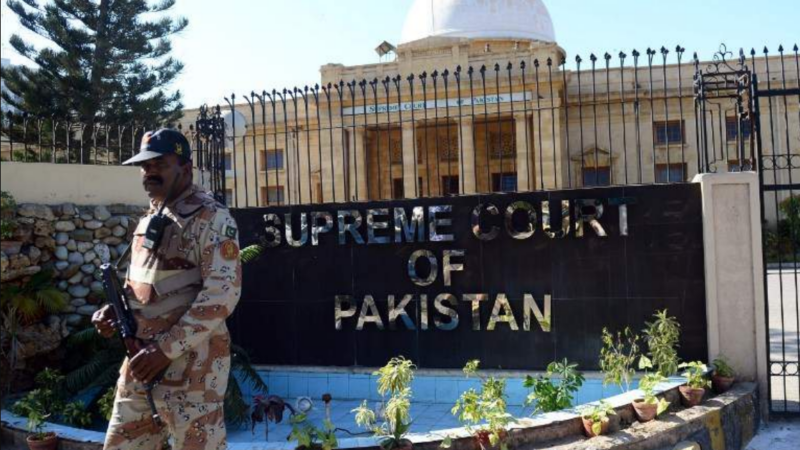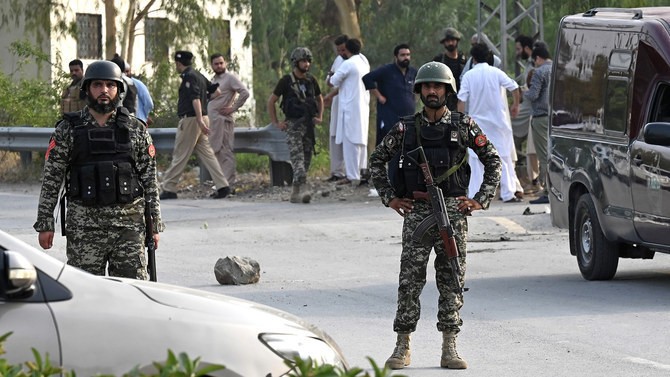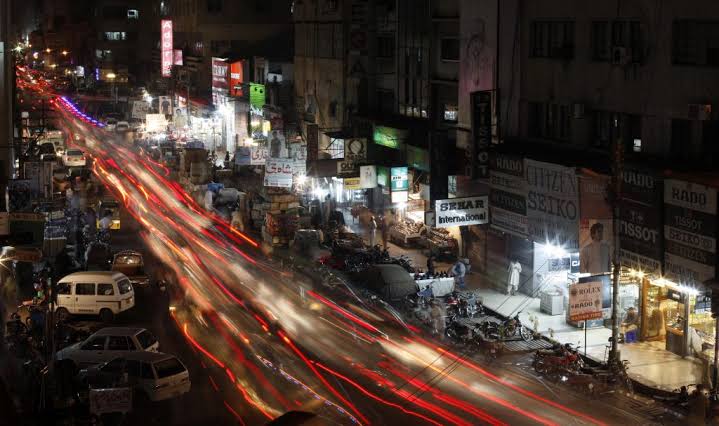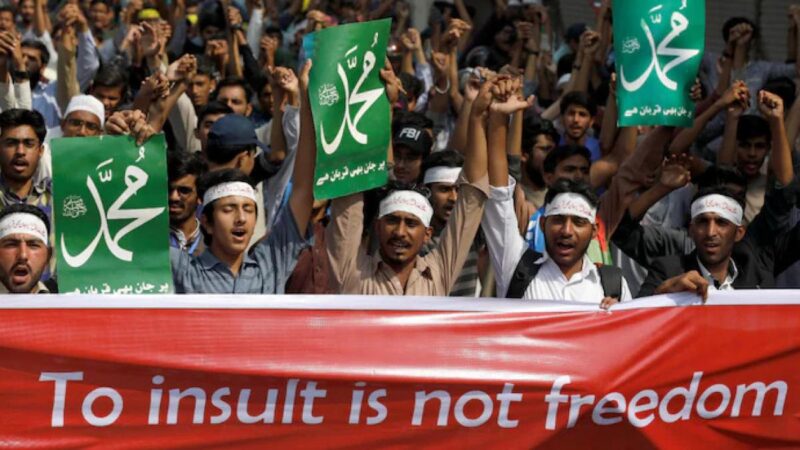Blast may happen in Afghanistan airport
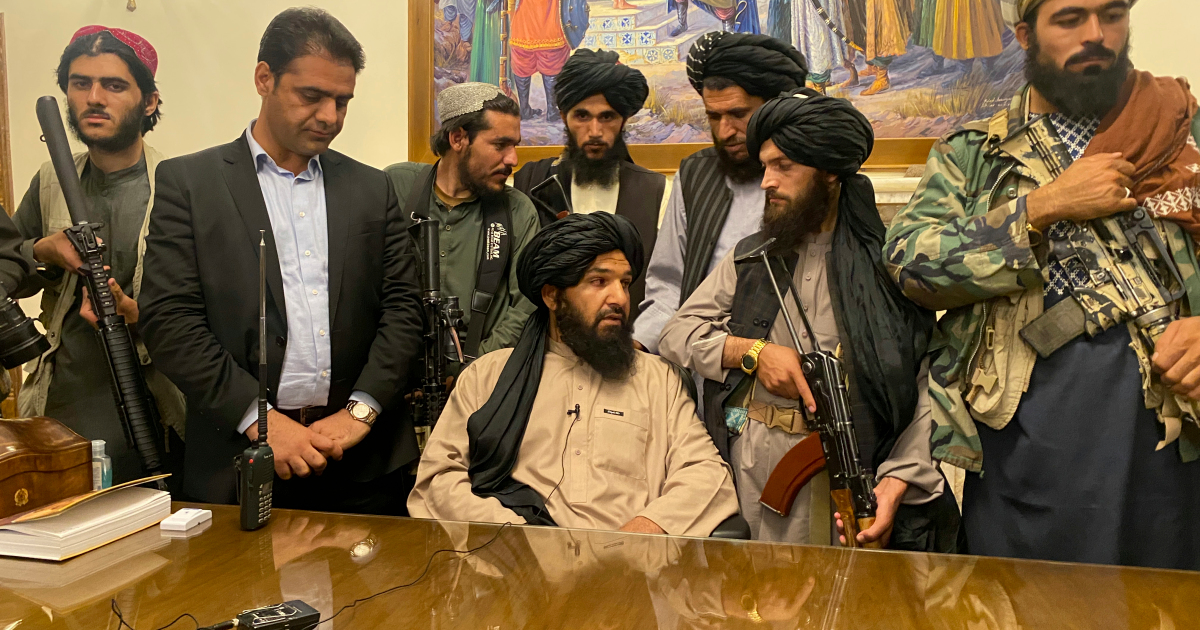
The US and UK forces had intel about the blast and that the terror organisations are seeking to target foreign forces in Afghanistan and the innocent civilians.
As the evacuation of Kabul airport continues, a threat is said to have emerged that many may not have heard of – ISIS-K. An expert told Forces News the group is a threat both inside Afghanistan “and, potentially, if left unchecked,” internationally.
As the US, UK and other NATO allies continue the evacuation of Kabul airport, a threat is said to have emerged that many may not have heard of – ISIS-K.
On Tuesday, US President Joe Biden said “every day [the US are] on the ground” in Afghanistan “is another day we know that ISIS-K is seeking to target the airport, attack both US and allied forces, and innocent civilians”.
Sajjan Gohel, the international security director at the Asia-Pacific Foundation think-tank, told Forces News the group was a threat both inside Afghanistan “and, potentially, if left unchecked,” internationally.
ISIS-K was initially formed in 2015 by militants from Pakistan, as well as discontent Taliban members, and operates in the North and east of Afghanistan – close to Kabul, the nation’s capital.
A recent UN Security Council report suggested there are between 1,000 and 2,200 ISIS-K fighters – down from a peak of between 5,000 and 6,000 in 2016.
However, their ranks have swelled as the Taliban’s advance across Afghanistan saw prisoners freed across the country.
Armed Forces Minister James Heappey has warned of an “imminent and lethal” ISIS attack targeting Kabul Airport. The stark warning comes as the Government changed travel advice to and from Afghanistan on Wednesday night.
James Heappey, the UK’s Armed Forces Minister, warned an “imminent and lethal” attack by ISIS-K, targeting Kabul airport, could mean more people “won’t get out” of Afghanistan as Western forces continue to evacuate people from the country.
And ISIS-K have carried out a number of high-profile attacks in recent years – despite reports the group’s numbers had fallen.
“They’ve been behind some of the most gruesome attacks in Afghanistan in the last few years,” Mr Gohel told Forces News.
“The attack on the Sikh Gurdwara temple in Afghanistan last year, as well as attacking a maternity ward in Kabul, also last year, in which 20 women were murdered – some of whom were in the process of giving birth.
“So it just shows you their barbaric nature and how dangerous they potentially are.
“And keep in mind that all of these groups have international ambitions. Everything starts locally and if they are allowed to continue to grow it will end up being more international,” he added.
ISIS-K have also claimed responsibility for several other attacks in Kabul, including an assault on the city’s university last November and rocket attacks in the same month.
The group is clearly able to carry out deadly, complex attacks in the area, but the former head of British forces in the country said it might not be “the main threat”.
Colonel Richard Kemp told BBC Breakfast on Thursday the threat of a terrorist attack “could equally” come from the Taliban, al-Qaeda or ISIS.
“The fact that people are talking about Islamic State doesn’t make that the most likely threat,” he said.
In the Panjshir Valley, northeast of Kabul, a resistance effort has mobilised with fighters making a last stand, vowing to free Afghanistan from Taliban rule.
ISIS-K has a hostile relationship with the Taliban due to its more extreme version of Islam.
Mr Gohel said the group “have fought with the Taliban in the past, but because of tribal and lineage connections they actually also sometimes co-operate with the Taliban”.
After the Taliban’s takeover of the country last week, the group reportedly executed a senior ISIS-K commander who had been imprisoned in Kabul.
The conflict between the two groups means that ISIS-K is less likely to be bound by the Taliban’s agreement with Western forces to allow evacuations to continue from Kabul airport.
Equally, the relationship between ISIS-K and al-Qaeda is unlikely to be straightforward.
Despite their similar beliefs, interactions between the two groups are more likely to reflect broader conflict between al-Qaeda and ISIS globally.

